Description
What is a 2G 3G 4G 5G New Radio Antenna Built-in Antenna?
The embedded FPCB antenna 2G 3G 4G 5G New Radio Antenna CTRF-ANTENNA-FPC-60600-4410-IPEX is suitable for the 5G New Radio standard and is suitable for the new higher frequency bands Built-in Antenna manufactured by C&T RF Antennas Inc that cover 2G/3G/4G/5G for the NB-IoT, GSM, LTE, IoT & M2M wireless solutions.
5G can operate at higher frequencies which, in essence, equates to faster download speeds.
All 5G wireless devices in a cell are connected to the Internet and telephone network by radio waves through a local antenna in the cell.
The 2G 3G 4G 5G New Radio Antenna Built-in Antennas are supplied by C&T RF Antennas Inc, the Built-in Antenna PCB & Flexible PCB antennas 5G New Radio antennas manufacturer in China.
C&T RF Antennas Inc provides RF antennas with PCB & Flex PCB & Omni antenna types, covering the below frequencies:
Contact us for more information on the 2G 3G 4G 5G New Radio Antenna Built-in Antenna such as 2G 3G 4G 5G New Radio Antenna Built-in Antenna datasheet, 5G New Radio Antenna pricing, 5G New Radio Antenna inventory, or other 5G New Radio Antenna & antenna designs.
2G 3G 4G 5G New Radio Antenna Built-in Antenna Specifications
2G 3G 4G 5G New Radio Antenna Built-in Antenna Electrical Specifications |
|
| RF Antenna Type | Embedded FPC Antenna |
| Model | CTRF-ANTENNA-FPC-60600-4410-IPEX |
| Frequency Center | 600-6000MHz |
| Gain | 8dBi |
| VSWR | ≤3.0 |
| Impedance | 50 Ω |
| Polarization | Vertical Polarization |
| Cable Type | RG1.13 |
| Connector | IPEX |
| Cable Length | 120mm |
| Lightning Protection | DC-Ground |
2G 3G 4G 5G New Radio Antenna Built-in Antenna Mechanical Specifications |
|
| FPC Board Dimension | 44x10mm |
| Weight | 4g |
| Material | FPC |
| Operation Temperature | -40˚C ~ +85˚C |
| Storage Temperature | -40˚C ~ +80˚C |
| Color | Black |
| Antenna Design | Omni Dipole Array |
| Mounting | Connector |
| SafetyEmission and other | RoHS Compliant |
| Applications | Public Safety/LMR/P25/TETRA, ISM/SCADA/Utilities, RFID, Wifi, GPS, GNSS, IoT/NB-IoT/LoRa/2G/3G/4G, GSM/GPRS/LTE/5G/6G |
5G NR Frequency Division Multiplexing (OFDM)
The first step in the 5G NR development process is to design the physical layer for 5G NR, of which waveforms are a core technical component. After reviewing several proposals, 3GPP chose to extend the use of frequency division multiplexing (FDM) technology while adding cyclic prefix frequency division multiplexing (CP-OPDM) waveforms for 5G on both the uplink and downlink.
CP-OFDM technology uses multiple parallel narrowband subcarriers to transmit information without using a single broadband carrier. The technique is well-defined and has been successfully implemented in the 4G LTE downlink and Wi-Fi communication standards, making it suitable for use in 5G NR designs as well.
However, the 5G NR uplink also offers a different waveform format that is similar to the waveform pattern used in the 4G LTE uplink – Discrete Fourier Transform Spread Spectrum Orthogonal Frequency Division Multiplexing (DFT-S-OFDM) waveform.
The DFT-S-OFDM waveform is a waveform adopted by 4G that combines cyclic prefix orthogonal frequency division multiplexing with a low peak-to-average ratio (PAPR).
The DFTS-OFDM waveform is useful for uplinks and may be the waveform of choice for high-power Tier 2 applications or when the user equipment is located at the edge of the base station cell, away from the towers.
In terms of flexibility, the subcarrier spacing scheme offered by 5G NR also goes beyond the fixed 15 kHz subcarrier spacing offered by LETs. 5G NR offers subcarrier spacing including FR2 with a maximum spacing of 240 kHz. flexible carrier spacing can be used to properly support the diverse bands, spectrum types, and deployment modes required by 5G NR.
DFT-S-OFDM is very similar to Single Frequency Division Multiplexing Access (SCFDMA) used in the LTE uplink and CP-OFDM is very similar to Orthogonal Frequency Division Multiplexing Access (OFDMA) used in the LTE downlink.3GPP chose CP-OFDM for the following reasons.
CP-OFDM can be oriented towards less complex receiver extensions.
CP-OFDM ranks highest in some of the most important 5G performance metrics (e.g. compatibility with multiple antenna technologies).
CP-OFDM has good time domain control, which is important for low-latency critical applications and time division duplexing (TDD) deployments.
5G New Radio Antenna Embedded Flexible PCB Antenna Features
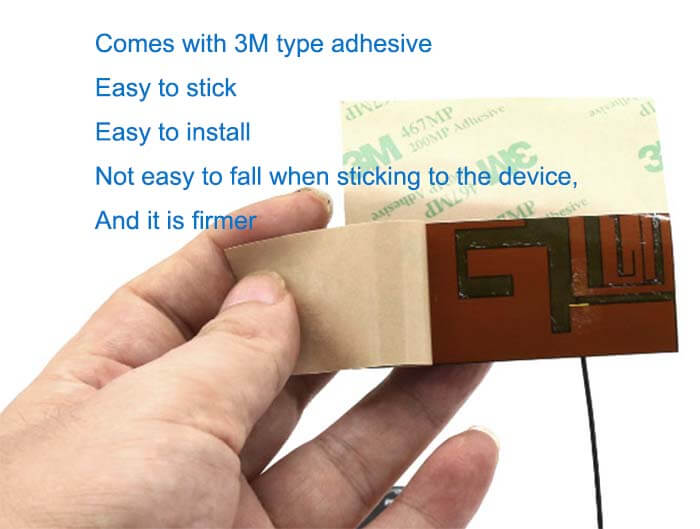
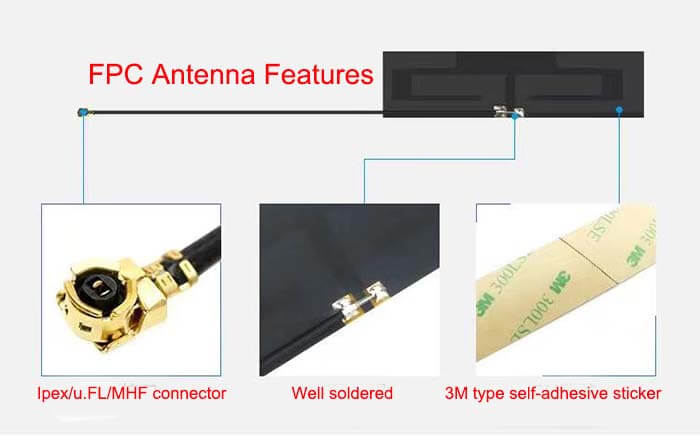
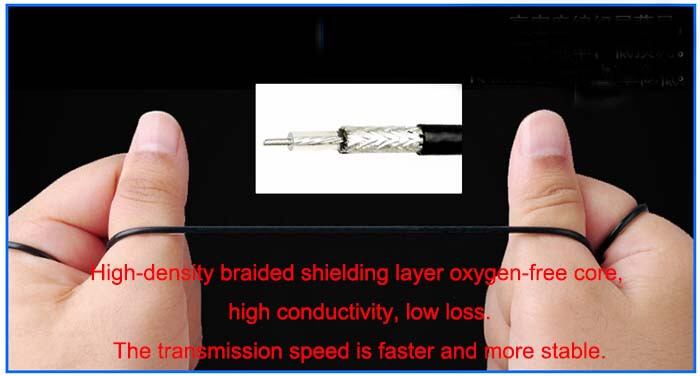
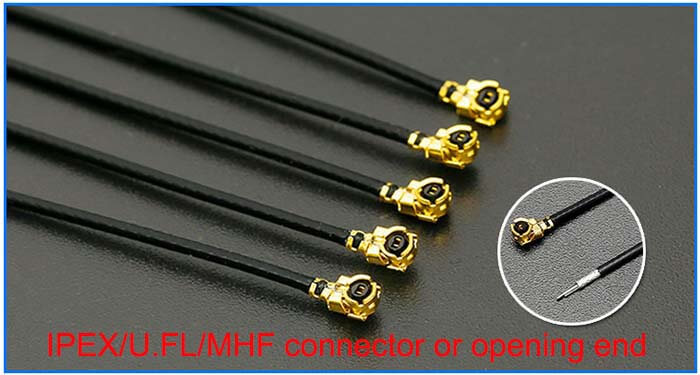
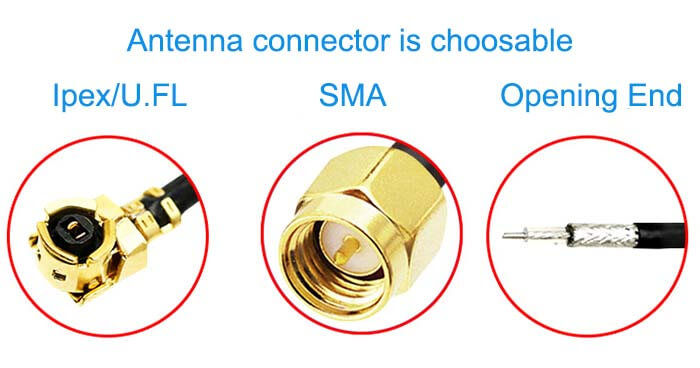
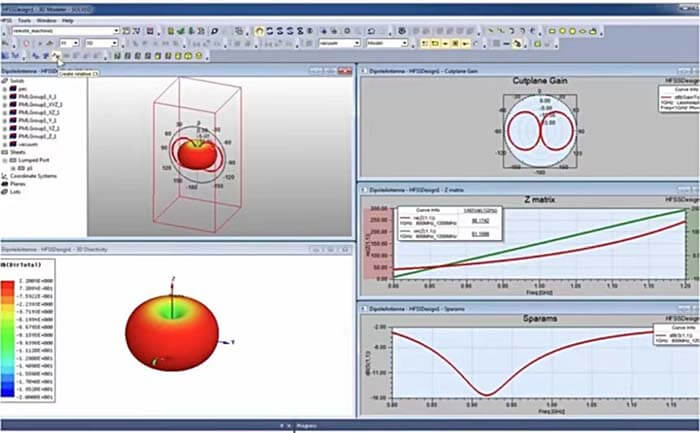
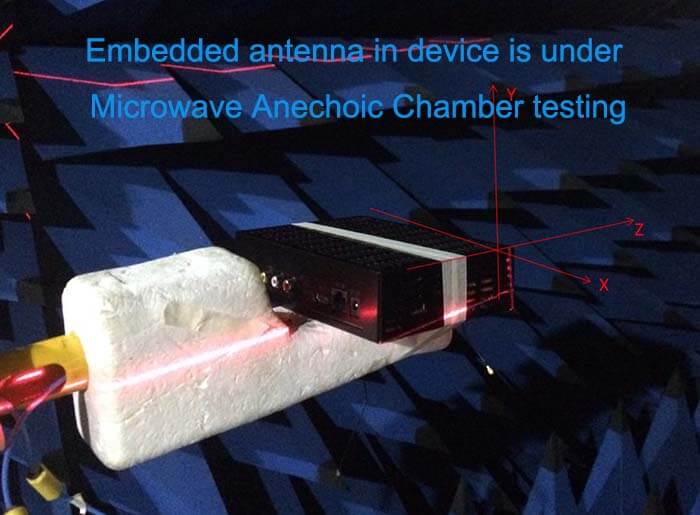
Customized Antenna Design
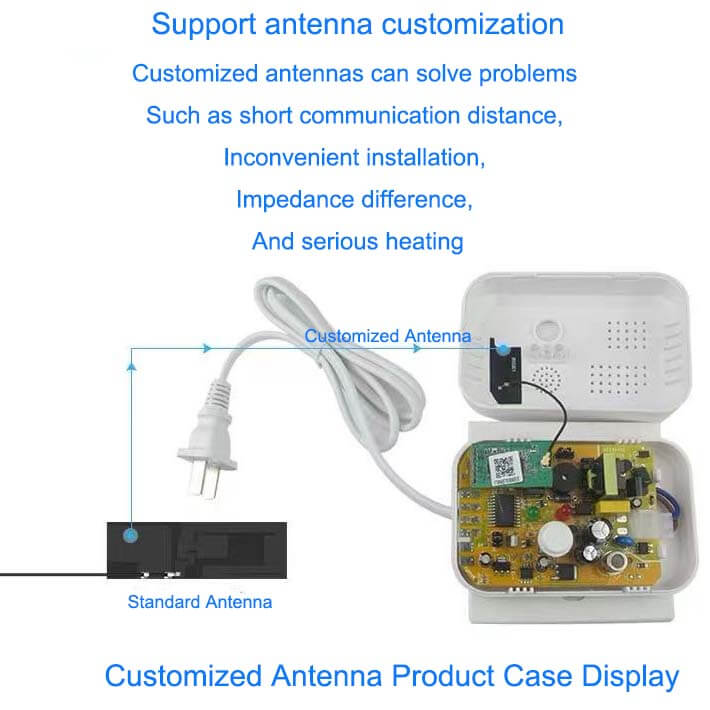
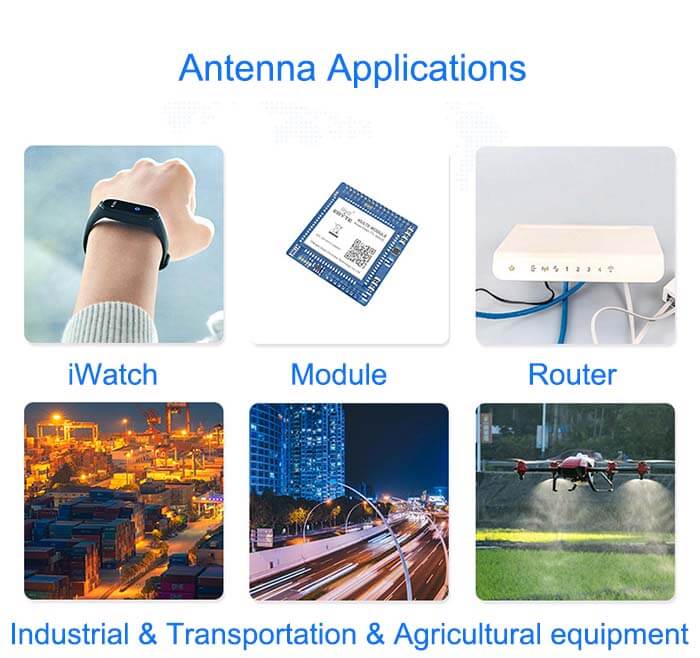

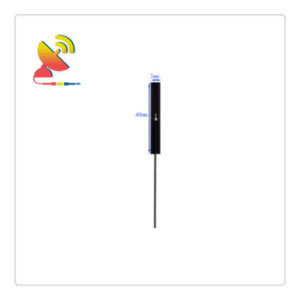
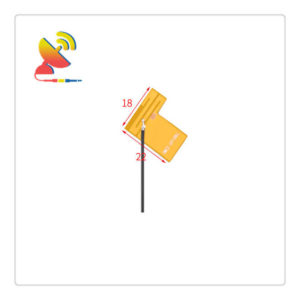
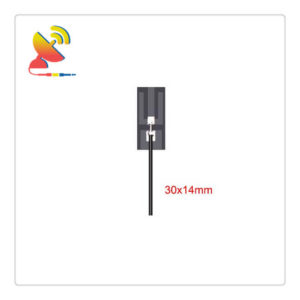
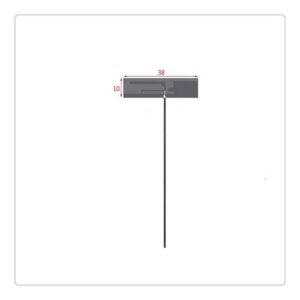
Reviews
There are no reviews yet.